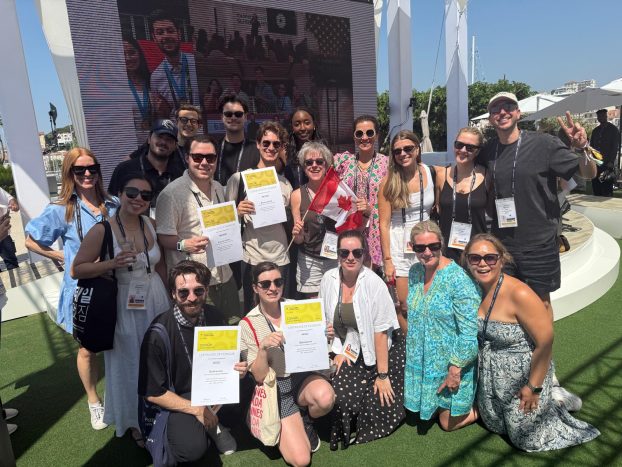A fair amount of controversy has been swirling around the online advertising industry recently. Critics have taken issue with DoubleClick’s plans to match consumers’ names with anonymous online activity across Web sites. As a result, we’ve put these plans on hold until government and industry privacy standards are fully in place. And whatever standards are put in place in countries where DoubleClick operates, we will comply with those regulations.
In setting standards, we all must remember one important thing: The future of a free Internet must involve both the protection of individual online privacy and the ability of online advertisers to compete and deliver effective ads.
Just as off-line retailers target the preferences and habits of consumers, online marketers seek to target their ads to the right Internet users. Companies don’t want to pay to deliver ads to people who have no interest in their products. Without some assurance that ads will be effective, advertisers simply won’t pay for online advertising. If that happens, we will lose a valuable Internet business model. Web sites will have to begin charging consumers.
The vast majority of Web sites today lose money. To offset expenses, many of these popular but unprofitable sites rely on paid advertising, just as television and radio stations do. Without ads, neither traditional media nor Web sites could provide free content.
The need for such Internet advertising has become more accepted. Just a few years ago, the Internet was squarely headed toward a subscription-only model. In that scenario we wouldn’t have ads, but surfing sites would get prohibitively expensive. When a few popular Web enterprises – including Wired magazine and the Dilbert Zone – started running ad copy to pay for their sites, consumers initially protested. But most came to appreciate their ability to find content for free.
Indeed, consumers have become very sophisticated about Web ads. We know from recent polls that some 70% of Internet users understand that the Internet is free because, like network television, it is driven by advertising. More important, two-thirds of Internet users understand that advertising lets small Web sites compete with giants that might otherwise dominate the Web.
They also recognize that ads can be helpful. Most Internet users welcome personalized content on the Web. The same recent polls have found that two-thirds of Internet users agree that one of the Internet’s advantages is its ability to tailor itself to users – individual homepages, personal accounts at shopping sites or scores for someone’s favourite sports team. The Internet is the ultimate tool for such one-to-one communication, allowing for a customization that can’t be duplicated in any other medium.
This also applies to ads. The Internet exposes more people to different companies, allowing consumers to comparison-shop and get the best prices possible. The more information people have about products and services, the more efficient the marketplace. Targeted advertising allows consumers to receive information that is timely and relevant. It eliminates the clutter of unwanted ads and solicitations. Most important, targeted advertising helps keep the Internet free for consumers.
All this brings us back to our current situation. We at DoubleClick understand the importance of online privacy, and are committed to being the industry leader in privacy protection and in giving consumers real notice and choice.
In keeping with this philosophy, DoubleClick launched a public-education campaign throughout the U.S. so that Internet users will know how easily they can "opt out" of online profiling. We do not use sensitive data – such as individual medical or detailed financial information – for profiling. In the future, we won’t do business with U.S. Web publishers lacking privacy policies. We have hired an executive-level chief privacy officer, and we have appointed an outside board of experts to review our privacy policies and procedures. Finally, we are undergoing an exhaustive independent audit to make sure we are living up to stated privacy policies.
The Internet is a uniquely fluid medium. It was built by consumers, and it is reinvented and refined every day. Internet users today demand information that is vibrant, free and tailored to their specific interests. They also insist on privacy, honesty and choice. We think they’re right on all fronts and are doing everything we can to meet all of these demands.
Wendy Muller is managing director of DoubleClick Canada.




























